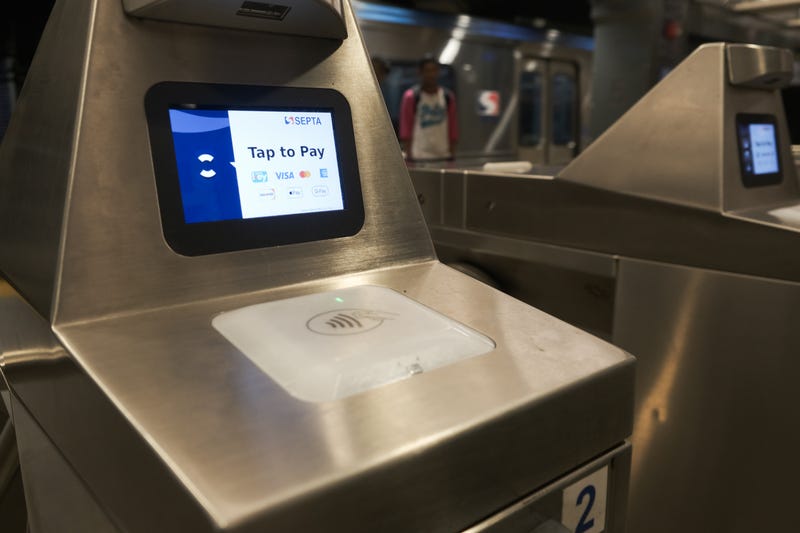
PHILADELPHIA (KYW Newsradio) — Philadelphia City Council will continue more hearings on Tuesday on the 76ers’ proposed Center City arena. SEPTA officials gave sobering testimony last week about the cost of providing public transit to the facility, igniting a debate about who would pay for it.
SEPTA estimates that it would cost between $20 million and $25 million a year to expand service for the arena — money SEPTA doesn’t have.
Service would have to be regular and reliable to get people to ride it. And, unlike the station at the South Philadelphia stadiums, where subway cars can park until needed, Jefferson Station — which would serve the arena — cannot store idle trains, so they would have to be integrated into a regular schedule, requiring 20 new trains.
“The reality is that SEPTA simply cannot assume these new costs within the framework of its operating budget,” said Scott Sauer, the transit agency’s interim general manager.
The Sixers organization has made it clear that it does not feel responsible for that cost. Arena supporters like Councilmember Mark Squilla agree.
“Because they’re only going to have 150 events, why should they fund something 365 days a year? They’re not going to the arena when it’s closed. Why should they pay for it?” he said. “If you ask developers every time you increase ridership to be able to fund that, then we would be really at a loss.”
Squilla said it’s up to the government to support extra service, though he did not specify which branch. If it were the city, that would undermine a key selling point of the arena — that no city money is being used.
Arena skeptics said the 76ers’ demand for SEPTA to transport 40% of fans is unprecedented. Councilmember Jeffrey Young argued it should be the team’s responsibility to bear the costs.
“As resources are thinning out elsewhere, as the needs of our city continue to grow, we have to look for those resources elsewhere,” he said.
The question of who bears the costs of SEPTA is unlikely to be resolved before arena legislation comes up for a vote next month. Moreover, the question is not a part of the legislation, so plans can move forward without a resolution.
